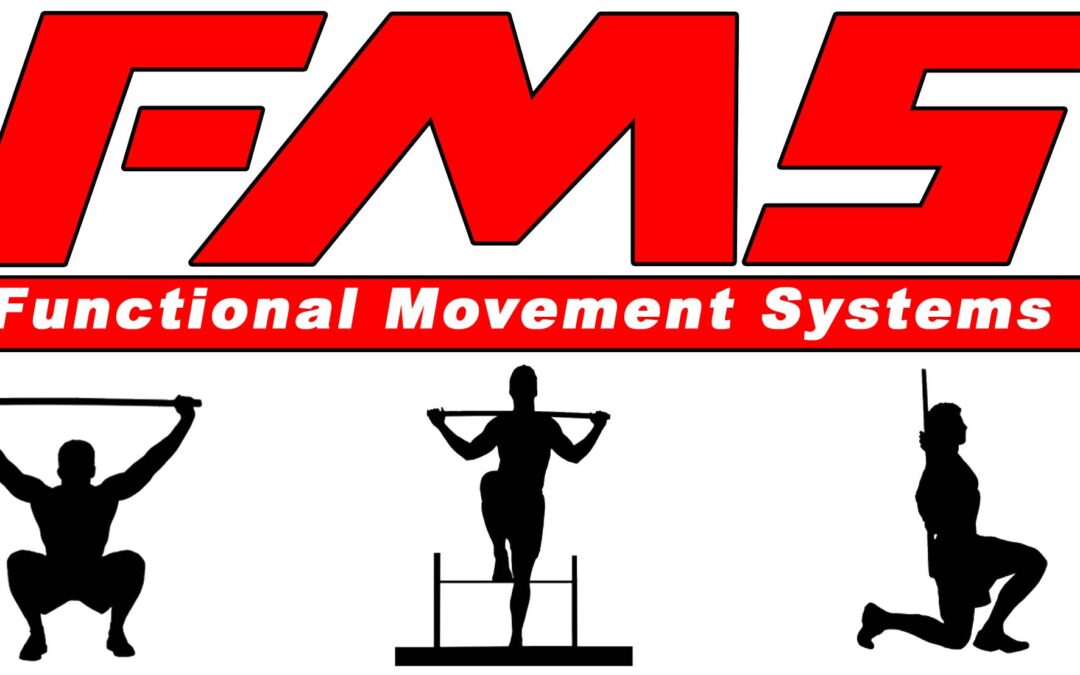FMS stands for Functional Movement Screen, and it is screening system for assessing your physiological health and fitness levels. The system was created in the late 1990s to allow medical professionals to easily assess the body to find weak spots and asymmetry, and subsequently see if there are any risks of injury. The tool is now a standard method for correcting problems in athletes and fitness enthusiasts alike.
Once an assessment has been made, the FMS tool allows a focused fitness plan to be devised to help correct any issues the body may have.
FMS is an established fitness evaluation tool, and is used by a number of professional organizations including the NHL and NFL. So, what exactly is involved in the FMS evaluation process?

What Are the Steps of the FMS Assessment?
The FMS encompasses a series of 7 different movement patterns which assess your mobility and stability. Each move tests a different part of your body, and gives healthcare professionals the information they need to observe any problem areas that need improvement.
Each movement pattern in the assessment is ranked from zero to three (0-3) points, with an overall maximum score of 21. If the participant scores 14 or less, they are considered to be at a higher risk of sustaining injury. If they score above 14 but have asymmetry, they are still marked for injury, as asymmetry can lead to greater physiological issues down the line.
The 7 steps of the FMS assessment are:
- Deep Squat
- Hurdle Step
- In-line Lunge
- Shoulder Mobility
- Active Straight Leg Raise
- Trunk Stability Push-up
- Rotary Stability
What Information Does the FMS Give Us?
Each action is observed for any asymmetries and movement dysfunction which could indicate an underlying issue and the potential for injury.
If there is an indication of asymmetry in any of the movements listed above, then a clearance test is performed to check for the presence of pain. If there is any pain, the movement is automatically scored zero, and attention is given to that area of the participant’s physiological wellbeing.
Once the specific areas of weakness are highlighted by the FMS procedure, corrective exercises are prescribed to help fix any issues, and prevent further problems or pain from developing.
FMS is a hugely beneficial way of evaluating your body for any problems that you may be experiencing, as well as prevent issues developing in the future, and it allows you to create unique workout plans that are tailored to your body and its unique requirements.
You can go on an FMS course across many US states, receive one-on-one assessment from a professional, or download the FMS app to find out more from the comfort of your home. Visit the FMS site, or contact Hauss Fitness for more information.


